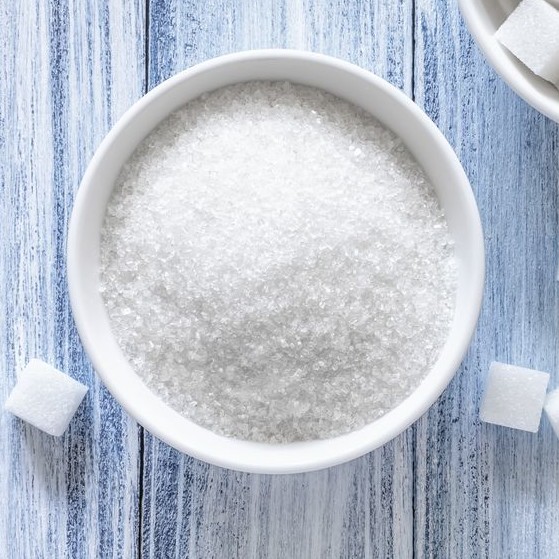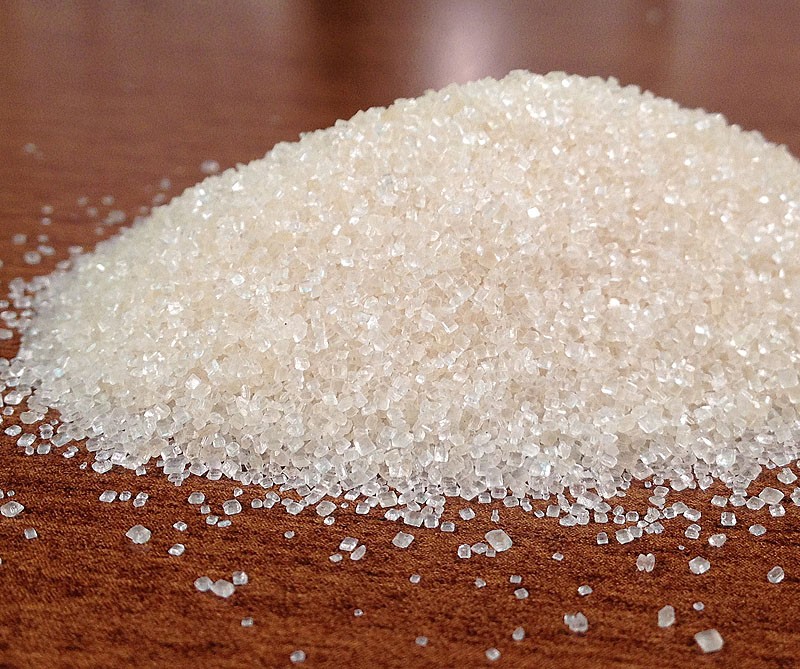Cane Sugar Processing: Traditional Methods and Modern Innovations
Cane Sugar Processing: Traditional Methods and Modern Innovations
Blog Article
A Comprehensive Introduction of the Health And Wellness and Economic Ramifications of Walking Stick Sugar Processing on Local Neighborhoods
Walking stick sugar handling plays an essential function in forming the financial landscape of regional areas, providing job opportunity and promoting ancillary industries. However, the wellness implications associated with high sugar usage can not be forgotten, as they add to increasing rates of weight problems and diabetic issues. This nuanced vibrant welcomes an important examination of just how areas can optimize financial gains while addressing the pressing health difficulties they face. The exploration of lasting practices and instructional campaigns might simply hold the trick to resolving these clashing interests. What methods might neighborhoods carry out to accomplish this balance?
Economic Advantages of Walking Stick Sugar Handling
Cane sugar processing supplies substantial economic benefits that prolong beyond the prompt farming market. The farming and handling of sugarcane create various task chances, from farming to manufacturing and circulation. This work generation not just supports neighborhood economic situations however likewise promotes area advancement by offering stable income sources for families.
In addition, the sugar industry promotes supplementary services, including transport, equipment supply, and product packaging solutions (Cane Sugar Processing). As these fields expand, they add to a much more robust economic structure, boosting general neighborhood resilience. The export possibility of processed walking stick sugar further magnifies economic advantages, positioning areas as competitive players in global markets
Financial investment in modern handling centers can result in boosted productivity and effectiveness, thereby decreasing waste and optimizing resource usage. This shift not only profits the neighborhood economy but also sustains sustainability efforts by minimizing environmental effects.
Additionally, the profits produced from walking stick sugar handling can be reinvested in neighborhood framework, education and learning, and healthcare, advertising holistic neighborhood development. Overall, the economic advantages of cane sugar processing are multifaceted, offering a foundation for withstanding prosperity in agricultural regions.
Health Threats Connected With Sugar Consumption
Extreme sugar intake postures substantial health risks that require major attention. High consumption of sugarcoated, particularly from refined foods and drinks, has been linked to numerous health and wellness difficulties. Among the most pressing problems is weight problems, as sugary diets add to an enhanced caloric consumption without giving necessary nutrients. This unwanted can result in metabolic conditions, consisting of type 2 diabetes mellitus, which has actually become significantly widespread in both children and grownups - Cane Sugar Processing.
Additionally, high sugar intake is connected with cardiovascular condition. Elevated blood glucose degrees can cause insulin resistance, a precursor to different heart-related issues. Furthermore, sugar can have harmful effects on oral health, resulting in tooth cavities and gum tissue disease, as germs in the mouth flourish on sugar, generating acids that wear down tooth enamel.
Furthermore, emerging research study recommends a prospective web link between high sugar intake and psychological wellness conditions, such as anxiety and anxiety. As areas come to grips with these health and wellness dangers, it ends up being important to promote awareness and urge much healthier dietary selections. Addressing sugar intake is important not only for specific health however also for the general well-being of neighborhood communities, stressing the need for comprehensive public wellness approaches.
Environmental Impacts of Sugar Production
Often ignored in discussions about sugar's effects is the significant environmental impact of sugar production. The farming of sugarcane commonly necessitates considerable land usage, causing logging, loss of biodiversity, and disturbance of regional ecological communities. The conversion of forests and marshes right into sugar vineyards can result in environment damage, threatening countless species and modifying environmental equilibrium.
Furthermore, sugar production is resource-intensive, consuming significant quantities of water for watering. This can lead to exhaustion of regional water resources, detrimentally affecting both agricultural methods and community access to clean water. In addition, using chemical fertilizers and pesticides in sugarcane farming can contribute to soil deterioration and water air pollution, as runoff from these chemicals goes into nearby rivers and lakes, influencing aquatic life and human health.
The environmental impact expands to the handling stage, where power consumption and waste generation additional worsen eco-friendly problems. Air contamination from melting sugarcane areas, in addition to greenhouse gas exhausts, add to climate change. As such, the ecological effects of sugar manufacturing warrant major factor to consider, urging stakeholders to embrace even more lasting methods to mitigate these adverse results on neighborhood ecological communities and neighborhoods.
Work Development and Area Development
The ecological difficulties postured by sugar production are commonly reversed by its capacity for financial advantages, particularly in job development and community growth. The walking cane sugar market works as a substantial resource of work in many backwoods, offering work across various ability degrees, from agricultural labor to handling and circulation roles. This employment not only supports individual households however additionally contributes about his to the general financial vitality of regional communities.
Moreover, the establishment of sugar handling facilities boosts ancillary companies, such as transport services, devices supply, and maintenance providers. As these businesses grow, they produce added jobs and strengthen regional economies. The earnings generated from the sugar market additionally leads to enhanced tax incomes, which can be reinvested into neighborhood solutions such as education and learning, medical care, and infrastructure development.
Additionally, the sugar industry frequently engages in neighborhood development campaigns, such as supporting neighborhood institutions and wellness programs, consequently enhancing the lifestyle for homeowners. By fostering solid neighborhood connections and advertising economic development, the walking stick sugar handling market plays an important duty in uplifting regional populaces, making it a vital part of lasting development strategies in sugar-producing areas.
Balancing Health And Wellness and Economic Development
In navigating the intricacies of walking cane sugar processing, an important obstacle depends on balancing health considerations with economic development. The sugar sector significantly adds to regional economic situations by creating work, stimulating relevant sectors, and boosting tax revenues. However, the health and wellness effects related to excessive sugar usage can cause chronic diseases such as obesity, diabetes, and cardio problems, which can worry public wellness systems and reduce workforce efficiency.

Moreover, regulatory structures can play a pivotal duty in directing market practices towards more health-conscious and lasting methods. By cultivating partnership in between federal government bodies, health organizations, and the sugar market, communities can navigate the dichotomy of health and wellness and economic development, guaranteeing that the advantages of walking stick sugar processing are equitably shared while focusing on public wellness.
Conclusion
To conclude, the handling of cane sugar provides both considerable economic benefits and significant health threats for regional my site areas. While it fosters work development and stimulates local growth, the involved wellness issues, specifically pertaining to weight problems and diabetic issues, necessitate a cautious harmonizing act. By advertising accountable consumption and investing in neighborhood education and lasting practices, it is feasible to take full advantage of financial advantages while reducing unfavorable health results, consequently making sure a healthier future for regional populaces.
In addition, sugar can have damaging impacts on oral health and wellness, resulting in tooth cavities and gum tissue condition, as germs in the mouth flourish on sugar, producing acids that erode tooth enamel.
Attending to sugar intake is crucial not just for individual health but additionally for the total wellness of regional communities, highlighting the demand for detailed public health strategies.
Regularly forgotten in conversations regarding sugar's implications is the substantial environmental effect of sugar manufacturing. The wellness effects associated with extreme sugar usage can lead to persistent illness such as excessive weight, diabetes mellitus, and cardiovascular concerns, which can problem public wellness systems and reduce labor force efficiency.

Report this page